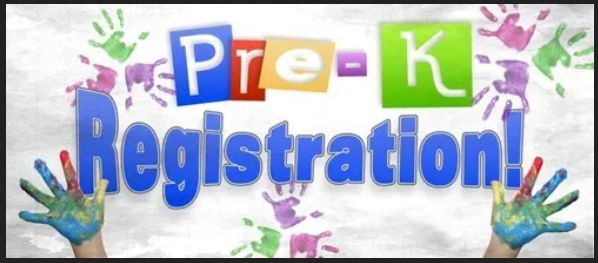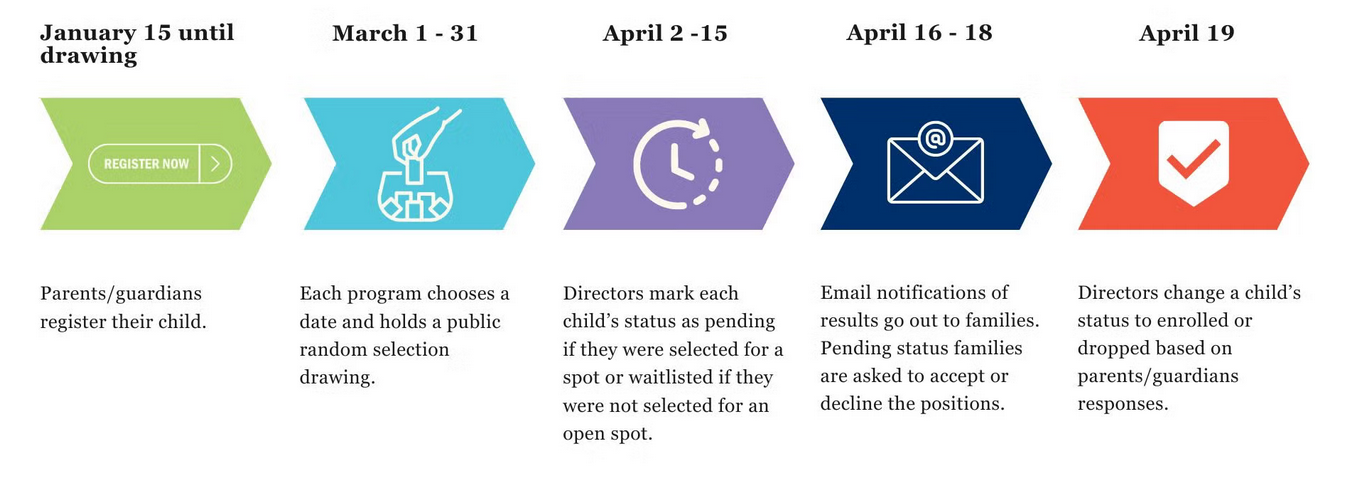Pre-K Information
Registration for the 2025-2026 school year is open to all children who are Alabama residents that are 4-years-old by September 1, 2025.
No child will be denied participation on basis of income, sex, race, color, national origin, or disability. If you need assistance with accessing the online application, contact a local First Class Pre-K program.
The Alabama First Class Pre-K program supports quality, accountability, and child outcomes that extend well beyond kindergarten entry. The ADECE has implemented evidence-based strategies and methods grounded in research literature to assure that all Alabama 4-year-olds have access to excellent early learning classrooms in their communities. Classrooms are funded through a grant process in which sites must meet specific quality assurances and abide by rigorous operating guidelines. Alabama’s First Class Pre-K program has been awarded the highest quality rating by the National Institute for Early Education Research (NIEER) for 18 consecutive years.
A child must be an Alabama resident and be 4 years old on September 1 of the school year for which he/she is being registered.
For example, children born between September 1, 2020 and August 31, 2021 are eligible for First Class Pre-K for the 2025-2026 school year. Children born between September 1, 2021 and August 31, 2022 will be eligible for First Class Pre-K for the 2026-2027 school year.
Children who are eligible for kindergarten are not eligible for pre-k. No child will be denied participation on basis of income, sex, race, color, national origin, or disability.
For example, children born between September 1, 2020 and August 31, 2021 are eligible for First Class Pre-K for the 2025-2026 school year. Children born between September 1, 2021 and August 31, 2022 will be eligible for First Class Pre-K for the 2026-2027 school year.
Children who are eligible for kindergarten are not eligible for pre-k. No child will be denied participation on basis of income, sex, race, color, national origin, or disability.
There is no registration fee for First Class Pre-K programs. No child can be denied access to pre-k based income.
Enrollees must provide a copy of the child’s birth certificate, proof of residence, an immunization record upon enrollment.
Numerous research studies have shown that children who participated in
high-quality pre-kindergarten programs are less likely to repeat a
grade, require remedial education, or be placed in special education;
score higher on achievement tests; are more likely to graduate from high
school and go on to college; get higher paying salaries as adults; and
are more likely to stay out of prison and off welfare.



